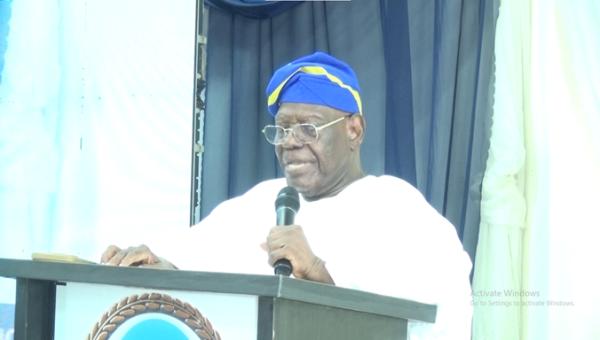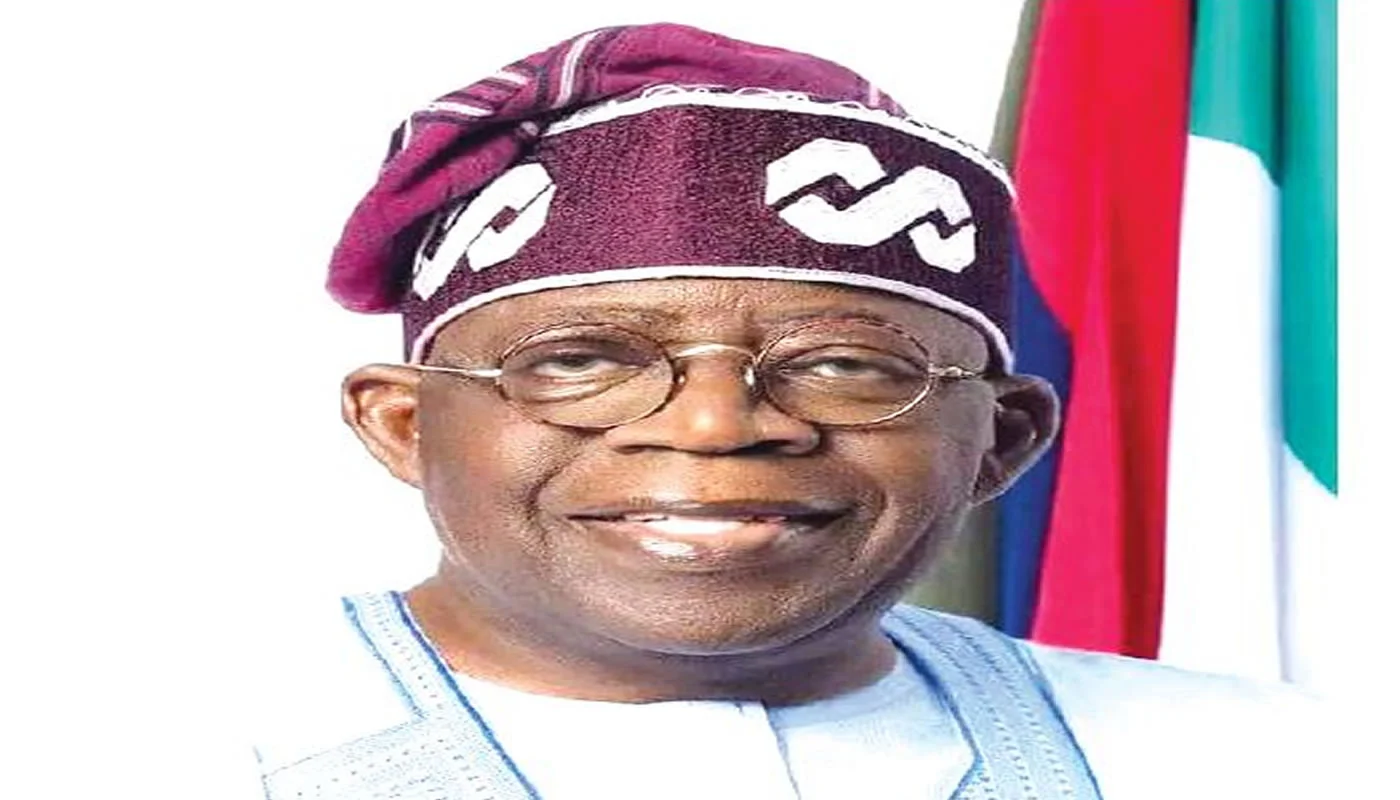
The 19th International Conference of the Society for Peace Studies and Practice (SPSP) opened on Tuesday at the University of Ibadan with a powerful appeal from the Father of the Day, Chief Adebisi Bamidele Akande, former Governor of Osun State and Pro-Chancellor/Chairman of Council, University of Ibadan.
He urged Nigeria to urgently rethink its approach to peace, national development, and global engagement as the world enters what he described as an era of “unsettling geopolitical disruption.”
Delivering his address to a hall filled with diplomats, academics, peace practitioners, captains of industry, military officers and policy leaders, Akande said it was no surprise that the SPSP—founded at the University of Ibadan has grown into one of Nigeria’s most influential peacebuilding institutions.
“It is an honour to be here,” he began. “And it is no surprise that the Society for Peace Studies and Practice (SPSP) emerged as an offspring of Nigeria’s premier university—UI—an institution I am privileged to serve as Pro-Chancellor and Chairman of Council. UI’s contributions to Nigeria’s development are vast and remain unmatched. It is with a deep sense of pride that I identify with this gathering.”
Akande described the timing of the conference as “highly auspicious”, noting that peace and justice are under severe strain globally.
“Developments across the world both near and far are deeply troubling,” he said. “From the relentless war in Gaza to the grinding conflict in Ukraine; from the tragic bloodshed in the Democratic Republic of Congo to the heightened tensions between China and the United States, the world is in turmoil. And the impact of these conflicts does not spare us here in Nigeria.”
Akande warned that the world is drifting into a new, unstable global order built on power, opportunism and domination. “We are witnessing an era where the normative principles of justice, fairness, equality, human dignity and decency are being replaced by transactional politics,” he cautioned.
“Powerful nations now pursue strategic opportunism against the weak. A new global order is being ushered in by old and emerging powers alike—one where domination is openly pursued and hardly disguised.”
He said Nigeria is not insulated from the immediate and long-term consequences of these shifting geopolitical realities. “Nigeria has not escaped the ripple effects of this global transition,” he noted. “External pressures compound our internal security challenges, and these challenges now spill beyond our borders.”
Referencing the escalating levels of insecurity at home, Akande stressed that terrorism, violent extremism, organised criminality and cross-border banditry remain existential threats. "Our internal security crisis affects daily life and reverberates beyond our shores,” he said.
“The scale and nature of the insecurity we face require fresh, courageous thinking. I hope participants at this conference will critically examine these issues and propose viable policy actions that match present realities.”
Akande reflected on the meaning of peace through multiple global cultural lenses. He explained that while the Western conception focuses on the absence of violence, Eastern traditions emphasise inner harmony. Africa, however, he argued, understands peace more holistically.
“For us in Africa, peace is more than the absence of war,” he said. “Peace is whatever promotes the integration, stability and well-being of society. It must be enjoyed not only by individuals but by the entire community.”
He emphasized that sustainable peace is now a deliberate international policy goal. “Sustainable peace extends beyond ending conflict,” Akande added. “It includes proactive conflict prevention, strengthening justice, promoting development and building inclusive systems that leave no one behind.”
This, he said, can be summarized as “youth governance”—meaning the empowerment of young people through knowledge, skills and equitable opportunities.
Akande delivered one of his most striking lines while speaking on Nigeria’s developmental stagnation. “At 65 years of nationhood, Nigeria is yet to fully harness the tools required for its advancement,” he lamented. “We are, in many ways, still at war with ourselves.”
He stressed that no country can achieve peace and prosperity if its young population is left untrained and unempowered.
“Until our young people are massively trained in science and technology to explore the resources of our land, the wars of ignorance, poor health and abject poverty will continue to hold us down,” he warned. “If our scientists and technologists can rise to their task, Nigeria will be fortunate.”
In conclusion, Akande urged policymakers, academics, and practitioners to seize the opportunity provided by the SPSP conference to chart a new direction for peace and development in Nigeria.
He praised the Society for Peace Studies and Practice for sustaining a platform where research, policy, practice and community-based peacebuilding intersect.





















